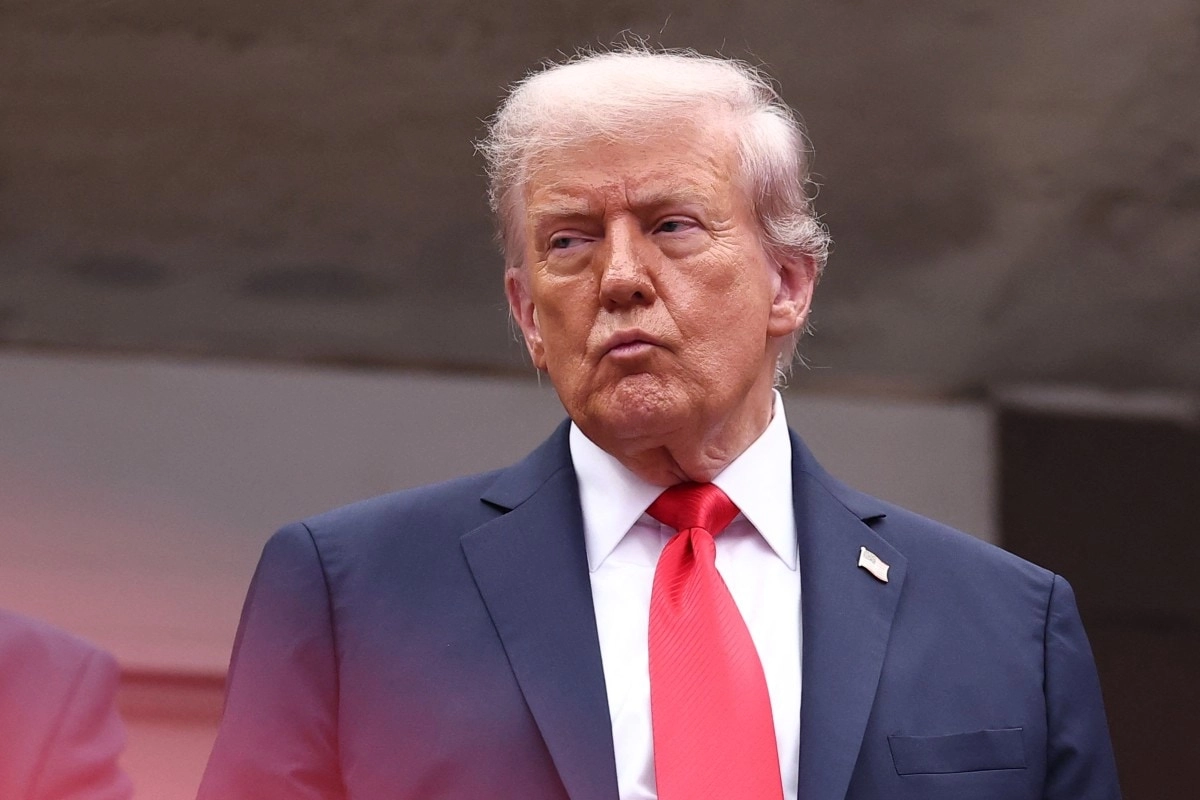The discussion surrounding the economic implications of President Trump’s proposed 50% tariffs has sparked significant debate, particularly within the context of the Indian-American community. This demographic, known for its entrepreneurial spirit and significant contributions to various sectors in the United States, is particularly vulnerable to the ripple effects of such trade policies. Tariffs, by their nature, are designed to protect domestic industries by making imported goods more expensive. However, they can also lead to increased costs for consumers and businesses that rely on these imports, which could disproportionately affect Indian-American entrepreneurs and small business owners who import goods from India or rely on Indian manufacturing.
The Indian-American community has established itself as a vital part of the U.S. economy, with many members excelling in technology, healthcare, and education. The proposed tariffs could disrupt supply chains and inflate prices for products ranging from textiles to electronics, potentially stunting the growth of businesses that cater to both Indian and American markets. Moreover, the tariffs could lead to retaliatory measures from India, complicating trade relations and further impacting the economic landscape. For many Indian-Americans, this situation raises concerns not only about their businesses but also about the broader implications for economic stability and growth within their communities.
In addition to the immediate financial effects, the proposed tariffs could also strain cultural ties between the United States and India. The Indian-American community has historically played a role in fostering diplomatic and economic relations between the two nations. Tariffs may create an environment of mistrust and tension that could hinder collaboration in various sectors, including technology and education. As the community navigates these challenges, it becomes crucial to engage in discussions that highlight the importance of maintaining strong ties with India while advocating for fair trade practices that benefit all parties involved.
Ultimately, the impact of Trump’s tariffs on Indian-Americans underscores the interconnectedness of global economies. While the intention behind tariffs may be to protect domestic interests, the unintended consequences can lead to complex challenges for immigrant communities and small businesses. This situation calls for a nuanced approach to trade policy that considers the voices and experiences of those who stand to be affected by such decisions. As Indian-Americans continue to contribute to the fabric of American society, their resilience and adaptability will be essential in navigating the economic uncertainties that lie ahead.




